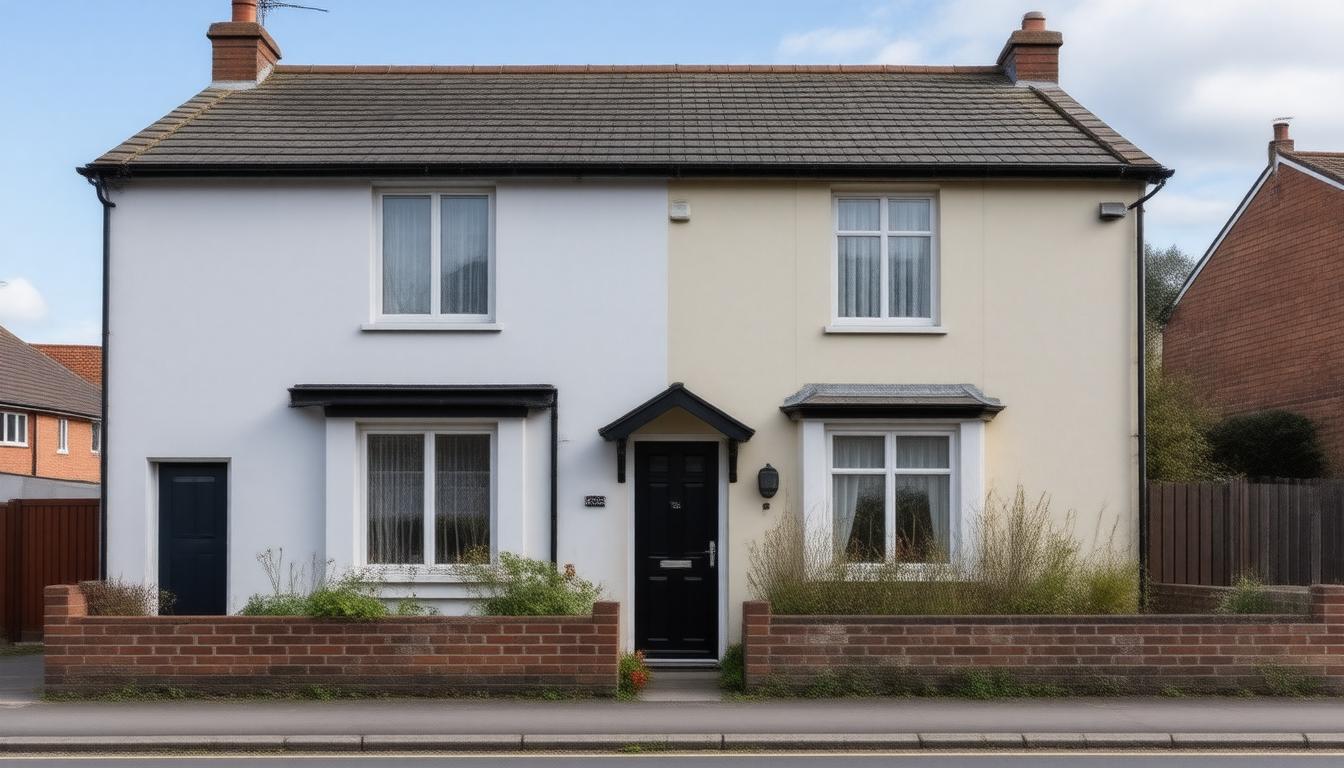In November 2024, Scarborough has found itself at the centre of a heated debate following the approval of a planning application to convert a former bed and breakfast into a House in Multiple Occupation (HMO). This decision, which will transform the property at 7 Blands Cliff into a 13-bed shared living arrangement, has elicited a strong response from local residents, with over 30 objections submitted to the planning committee. Many locals have raised concerns about the potential increase in antisocial behaviour and the detrimental effects on community living standards. Planning committee members approved the proposal following negotiations that saw the number of bedrooms reduced from 14 to 13, alongside the submission of a management plan aimed at mitigating residents’ worries. The discussions during the planning meeting underscored a visceral tension between the growing trend of HMOs in the area and the well-being of existing residents, with community figures expressing fears of Scarborough becoming the ‘HMO capital of North Yorkshire.’
Key Takeaways
- Local residents are worried about the impact of converting a bed and breakfast into a shared house on community living standards.
- The planning committee’s approval followed a reduction in bedrooms and the introduction of a management plan addressing likely issues.
- Concerns about Scarborough’s reputation as the ‘HMO capital of North Yorkshire’ reflect broader anxieties regarding residential amenity.
Community Concerns Regarding the HMO Conversion
In Scarborough, Yorkshire, plans have been approved to convert a former bed and breakfast located at 7 Blands Cliff into a 13-bed house in multiple occupation (HMO), following extensive local backlash. Over 30 objections were lodged by residents, who raised concerns about the potential for increased antisocial behaviour and deterioration of community standards often associated with HMOs. Local residents fear the change will have detrimental effects on residential amenity and waste management in the area. Despite these strong concerns, the planning committee greenlit the proposal, noting the applicant’s amendments which included reducing the project from 14 to 13 bedrooms and implementing a management plan aimed at mitigating the anticipated issues related to the shared living arrangement. At the recent planning meeting, community member Tony Fencer voiced significant apprehension regarding Scarborough’s emerging reputation as the ‘HMO capital of North Yorkshire’, urging the necessity to maintain a healthy balance between diverse housing options and the overall quality of life for existing residents. Local stakeholders remain alert, keen to see how this development unfolds amid the broader discussions around the implications of HMOs within the neighbourhood.
Planning Committee’s Decision and Management Plan
The decision to approve the conversion has ignited a debate about housing policies in Scarborough, as critics argue that the proliferation of HMOs could dilute community cohesion and lead to a transient population that does not engage with local affairs. In response to these concerns, the committee has mandated that the management plan will include measures for noise reduction, regular waste collection, and a designated contact person for residents to address any issues that may arise during the operation of the shared house. Furthermore, the commitment to engage residents in ongoing dialogues highlights an attempt to foster better relationships between HMO occupants and the local community, potentially easing tensions. However, with the continued growth of such establishments in the region, it remains crucial for both the council and community members to monitor the situation to ensure that Scarborough’s character and livability are not compromised (Scarborough Council, 2024). This case underscores the ongoing challenge of balancing development and community needs within the urban landscape of Yorkshire.





